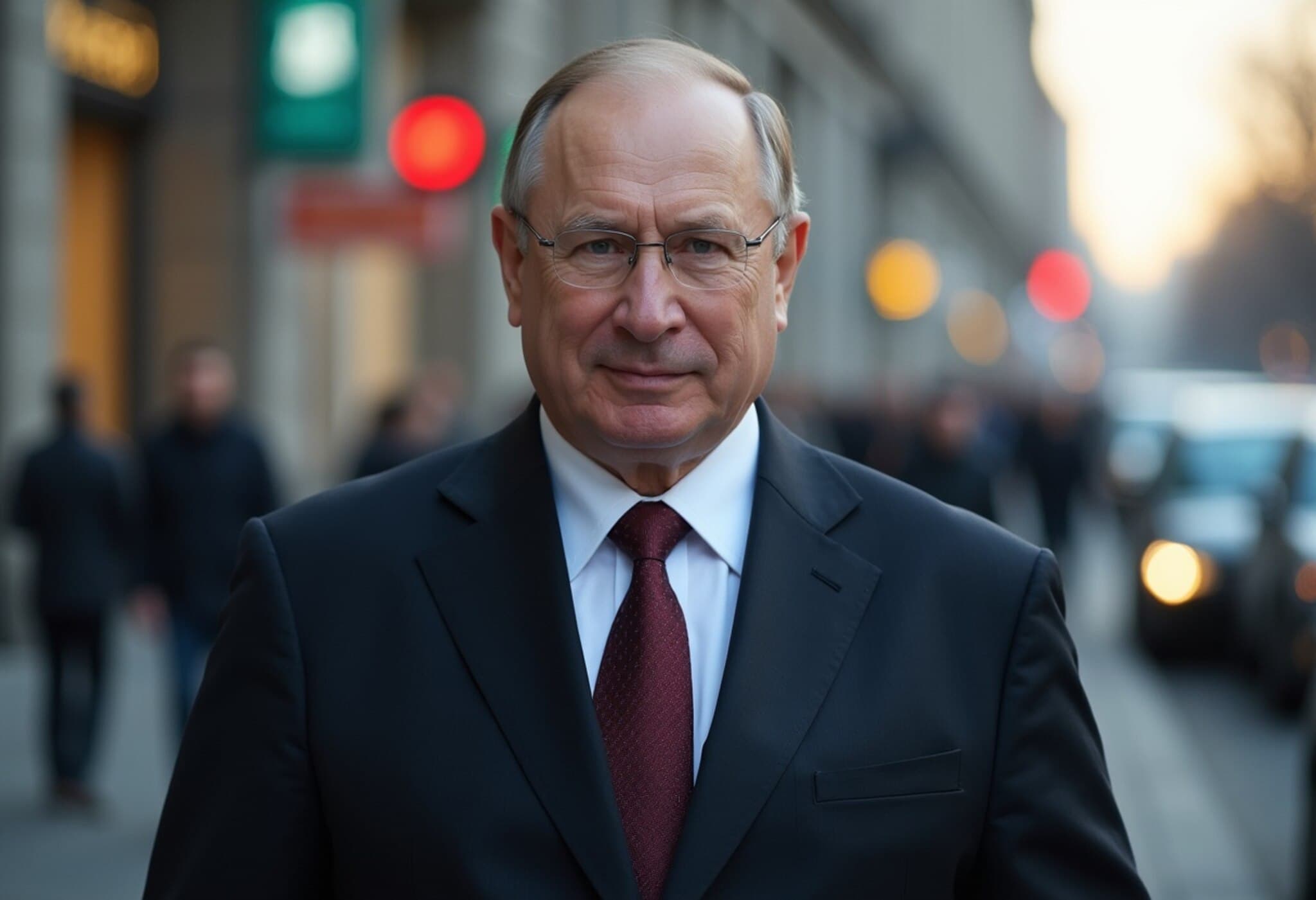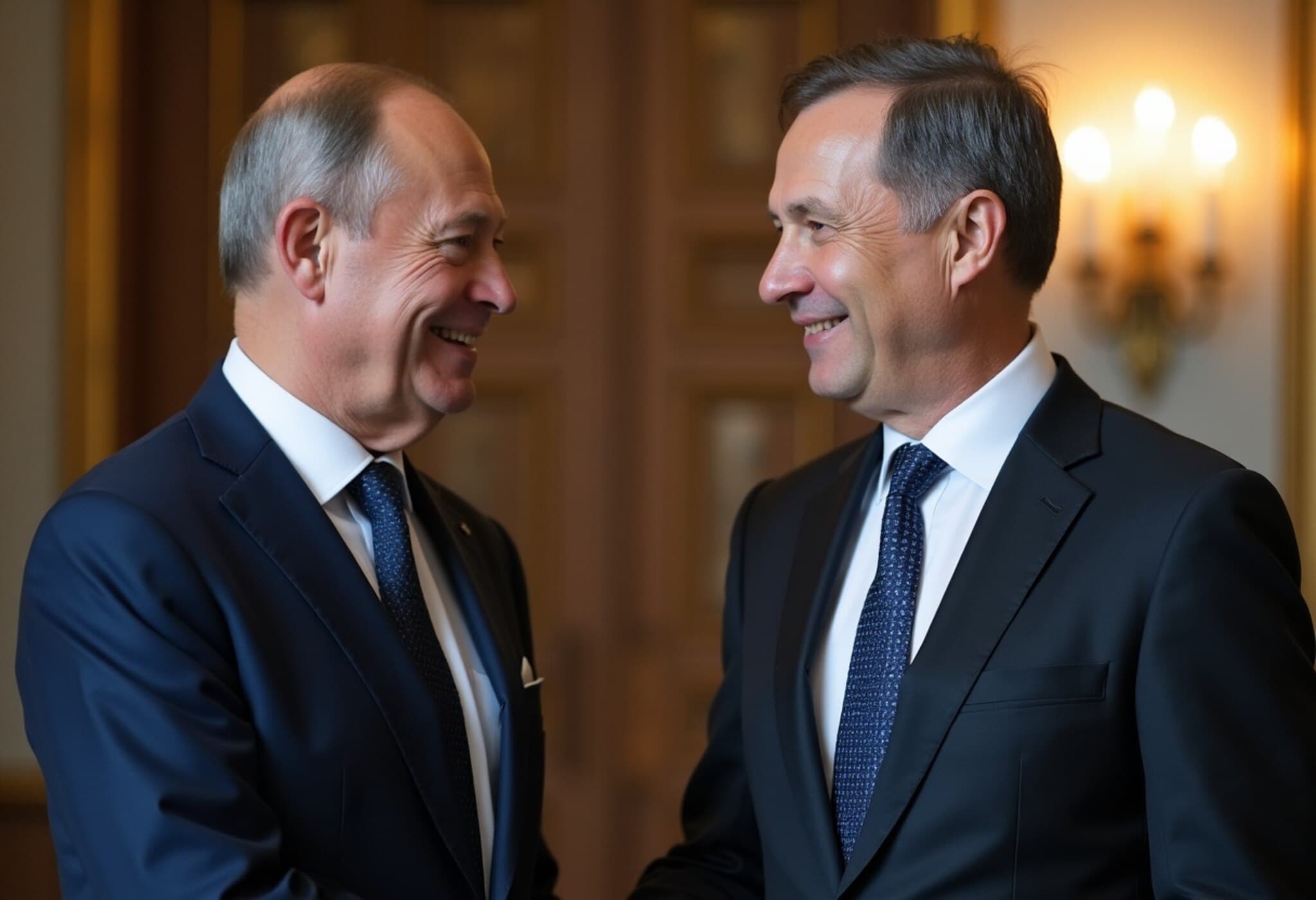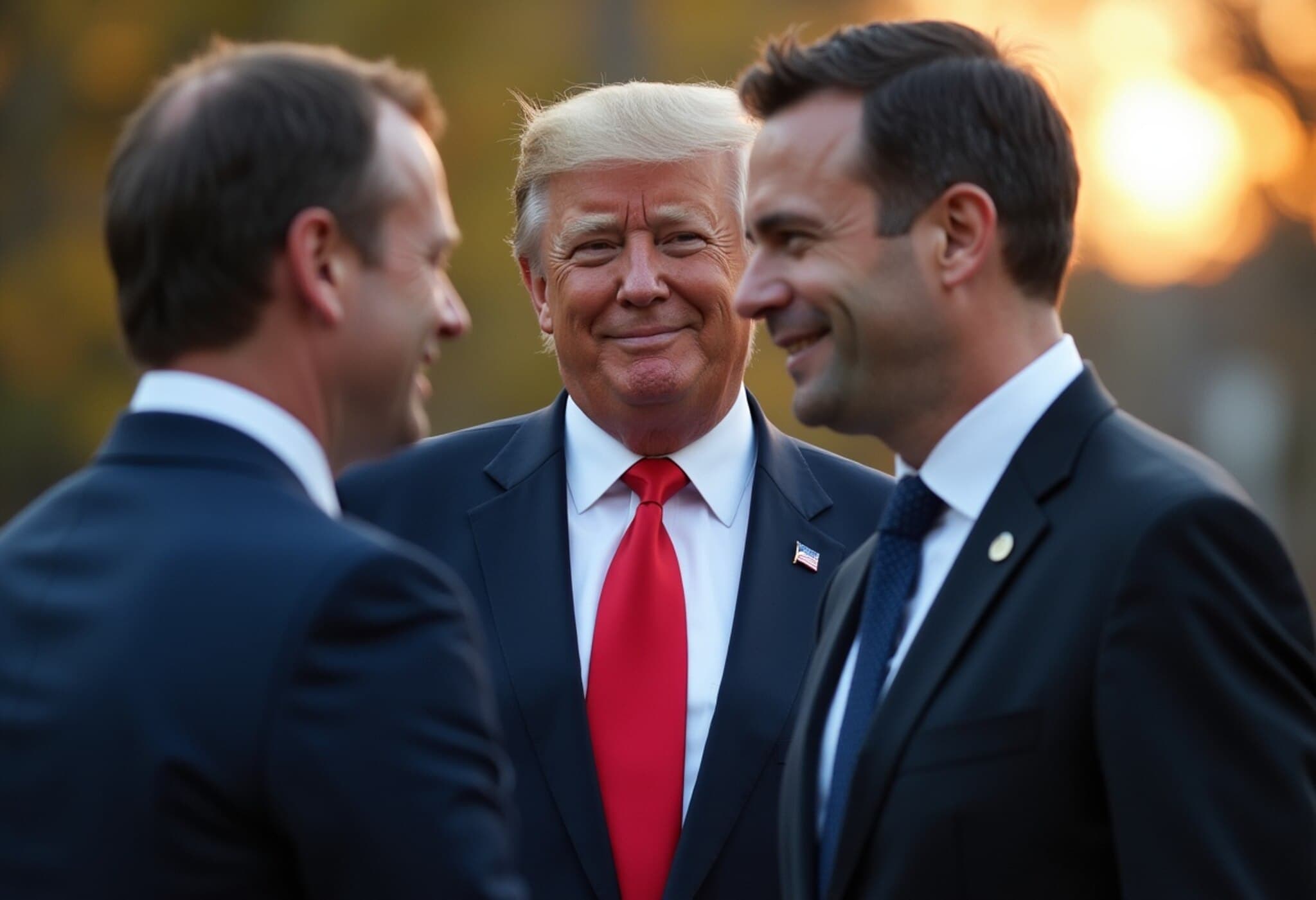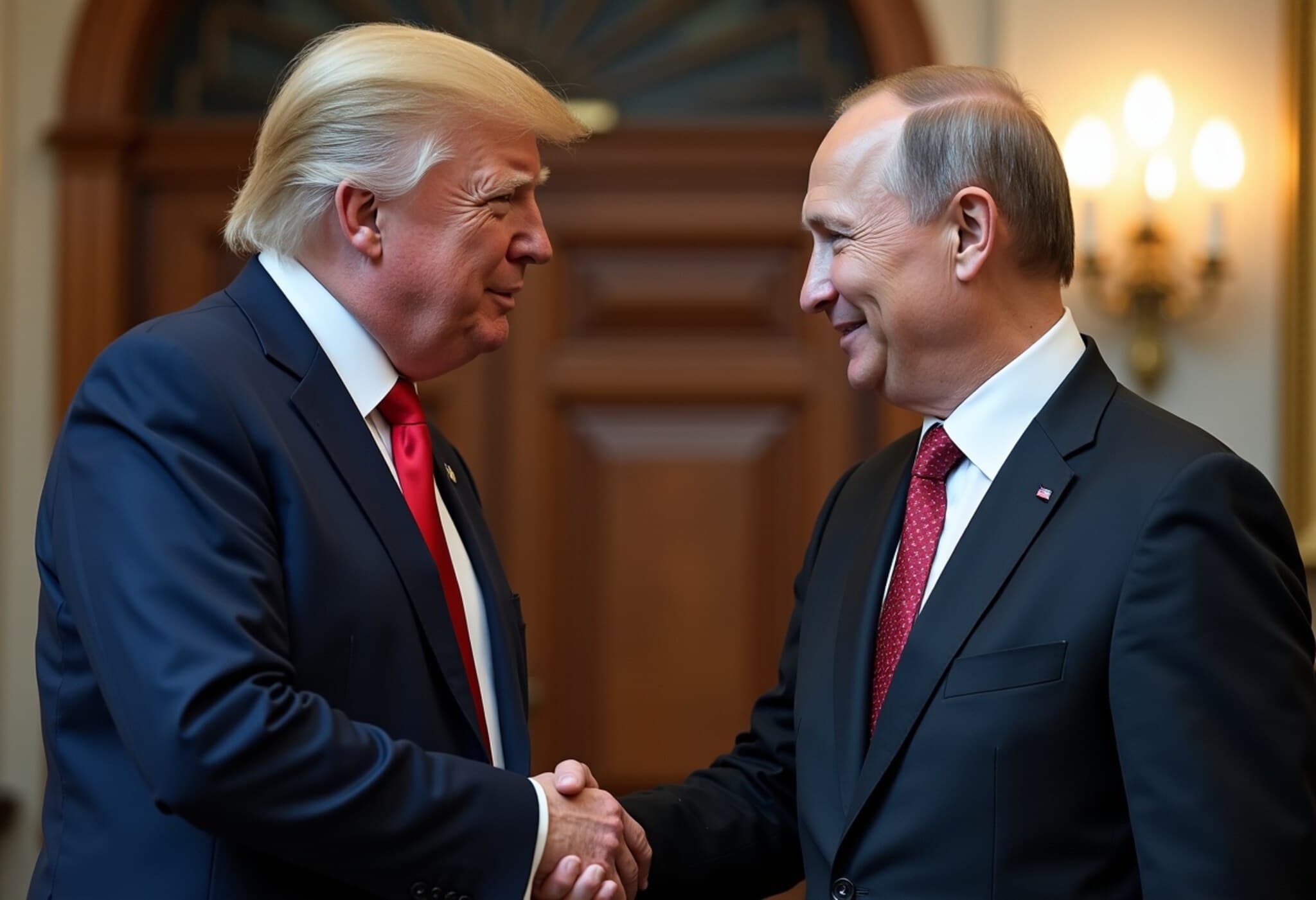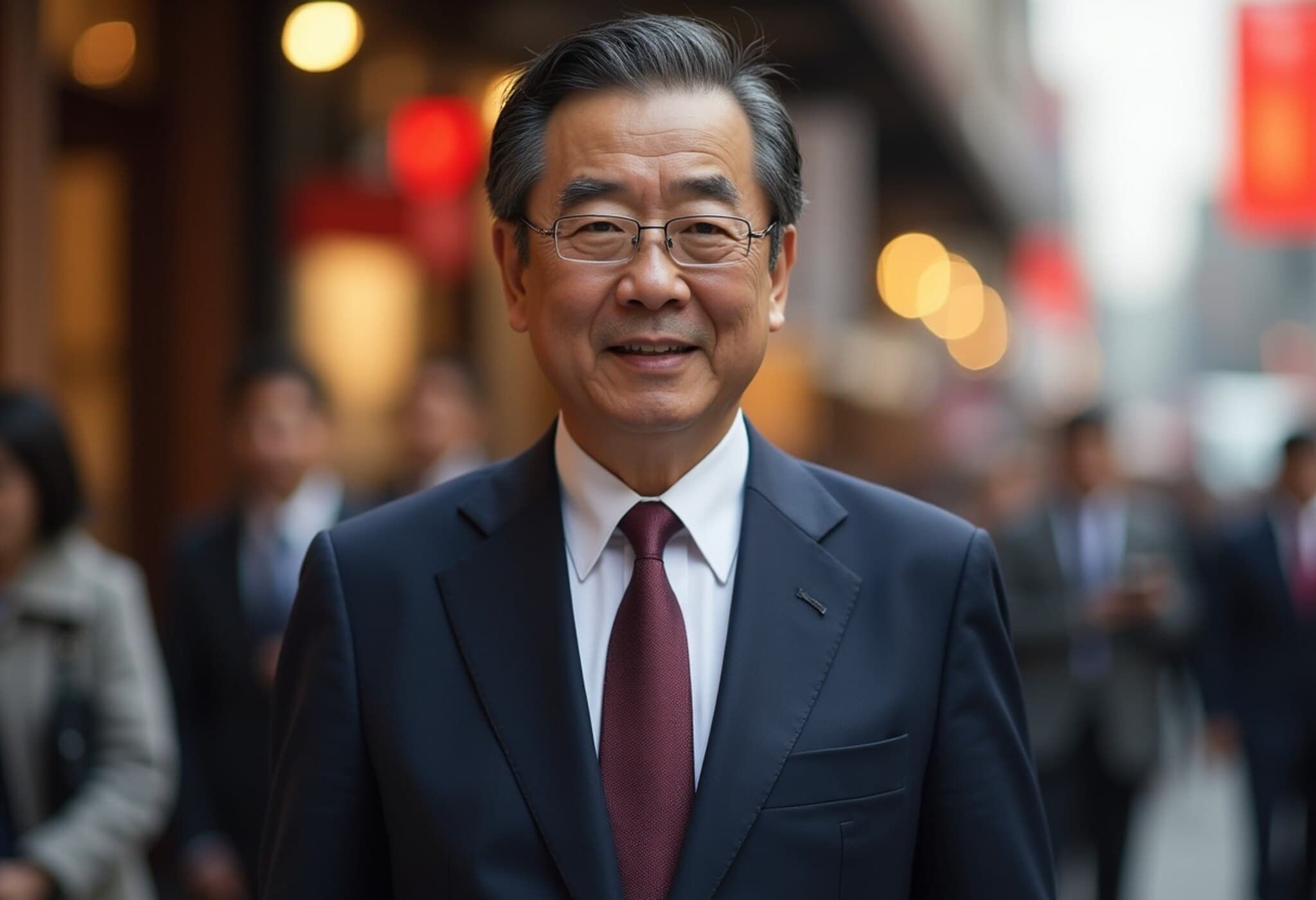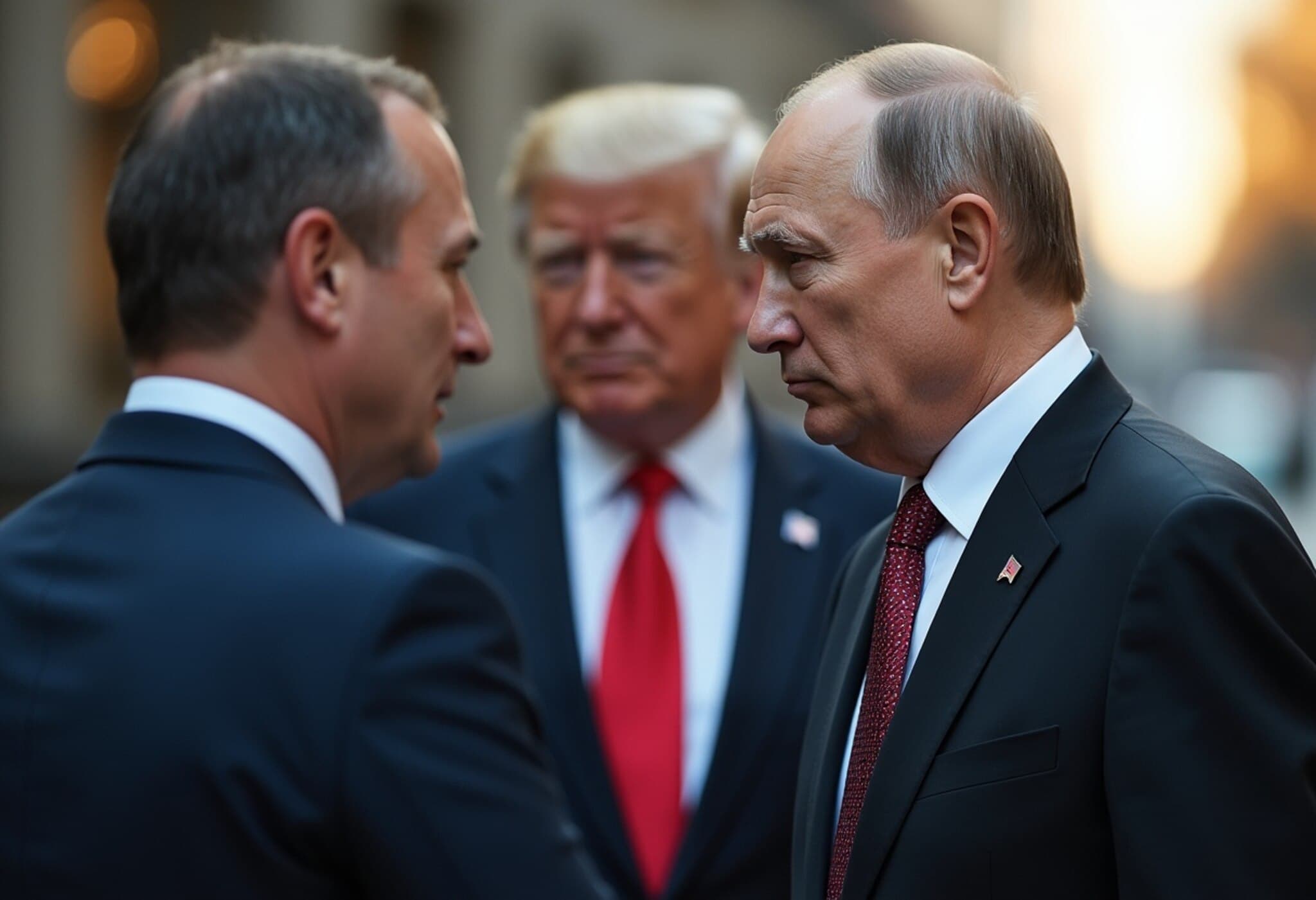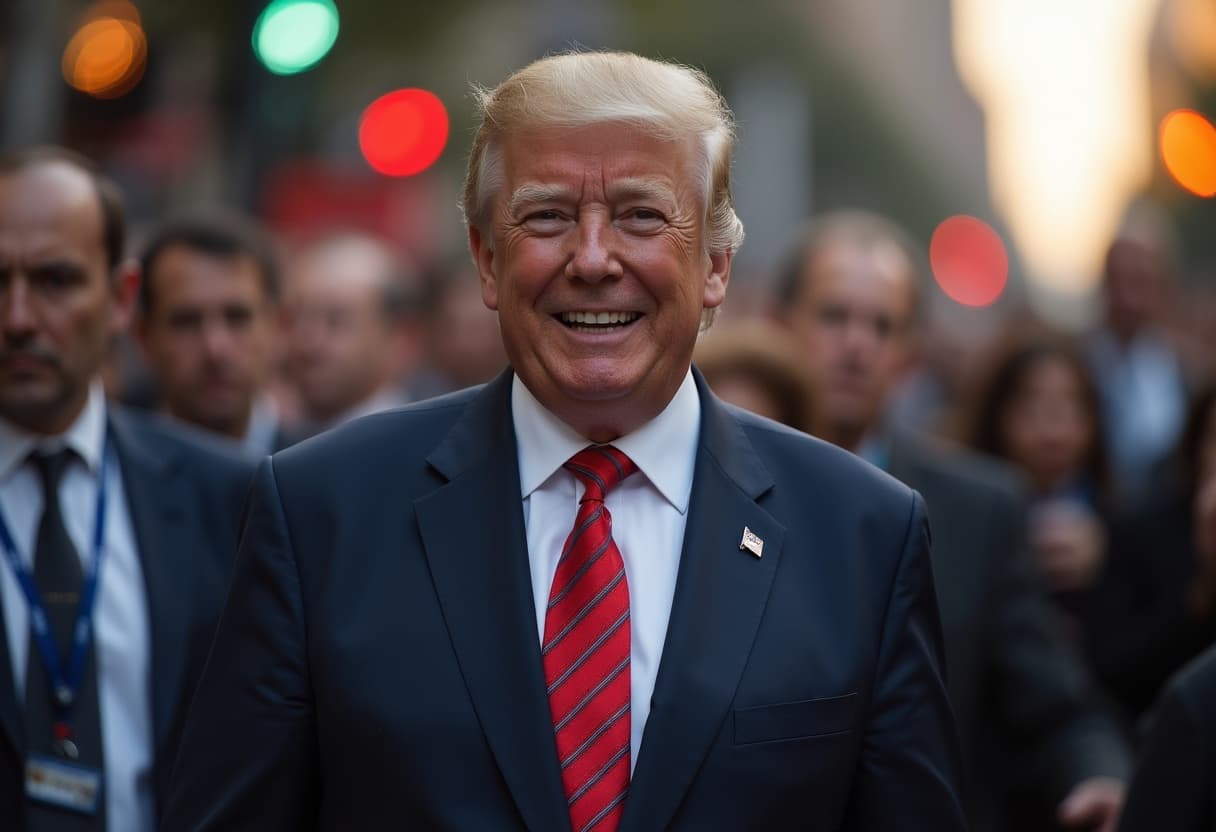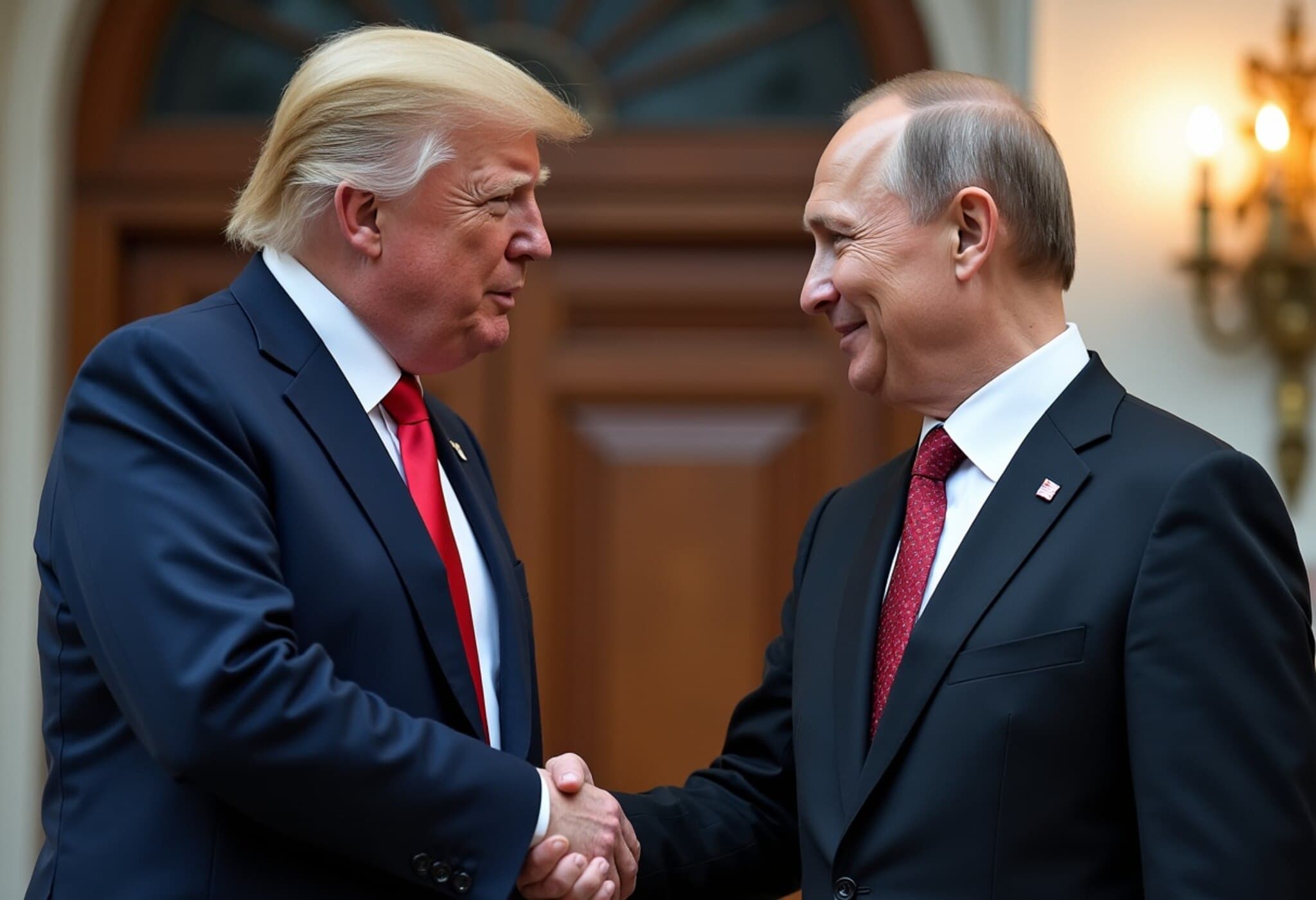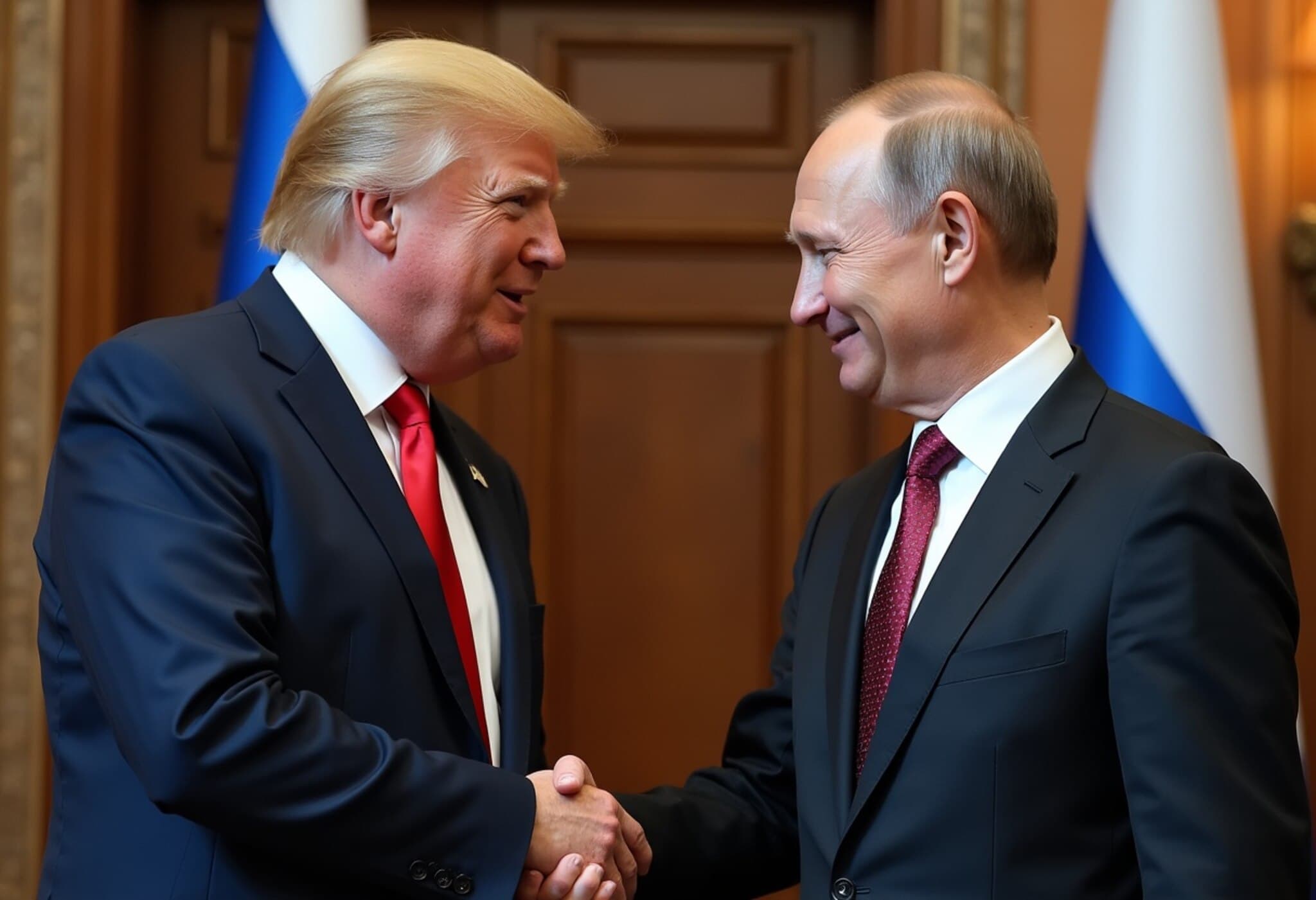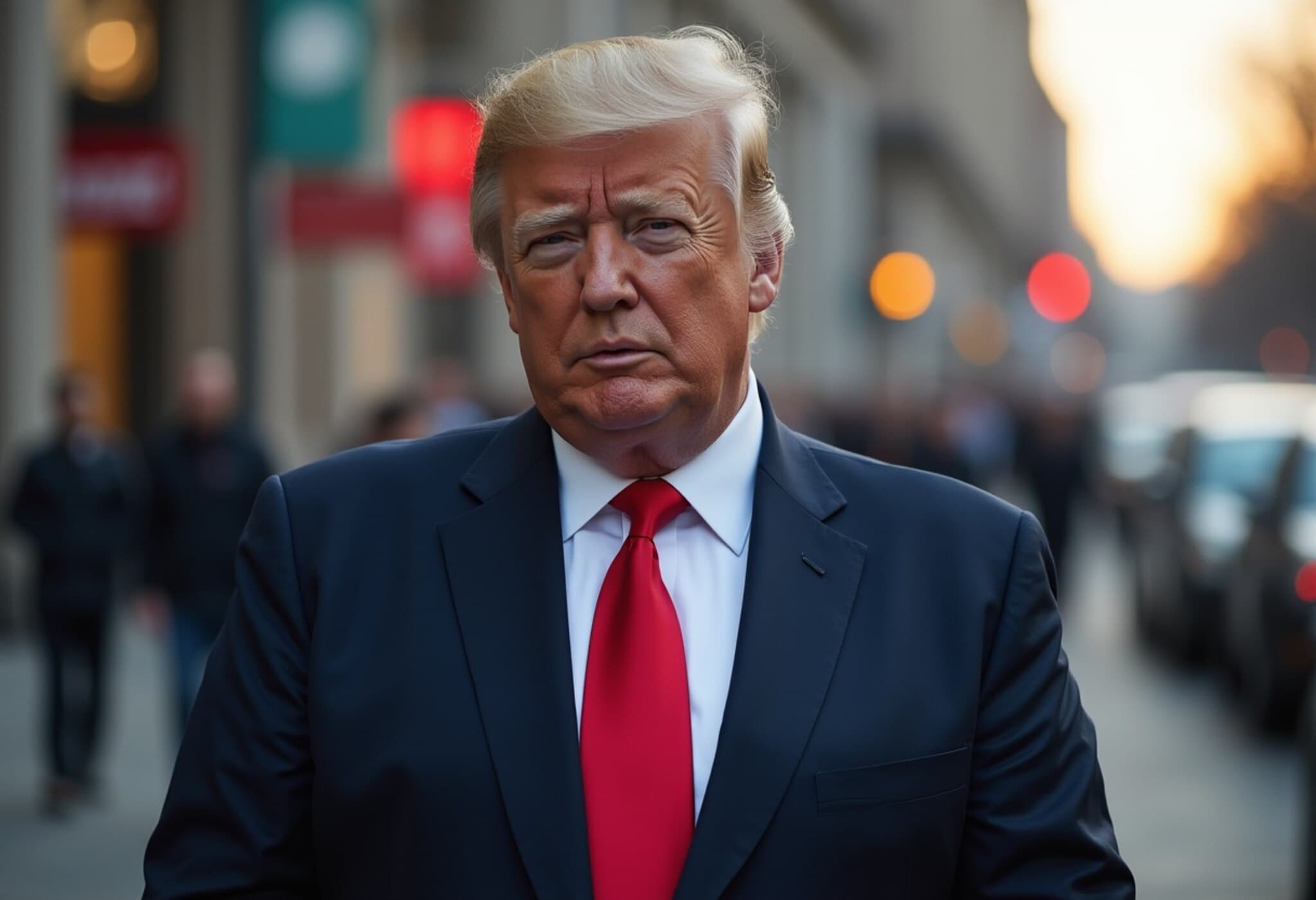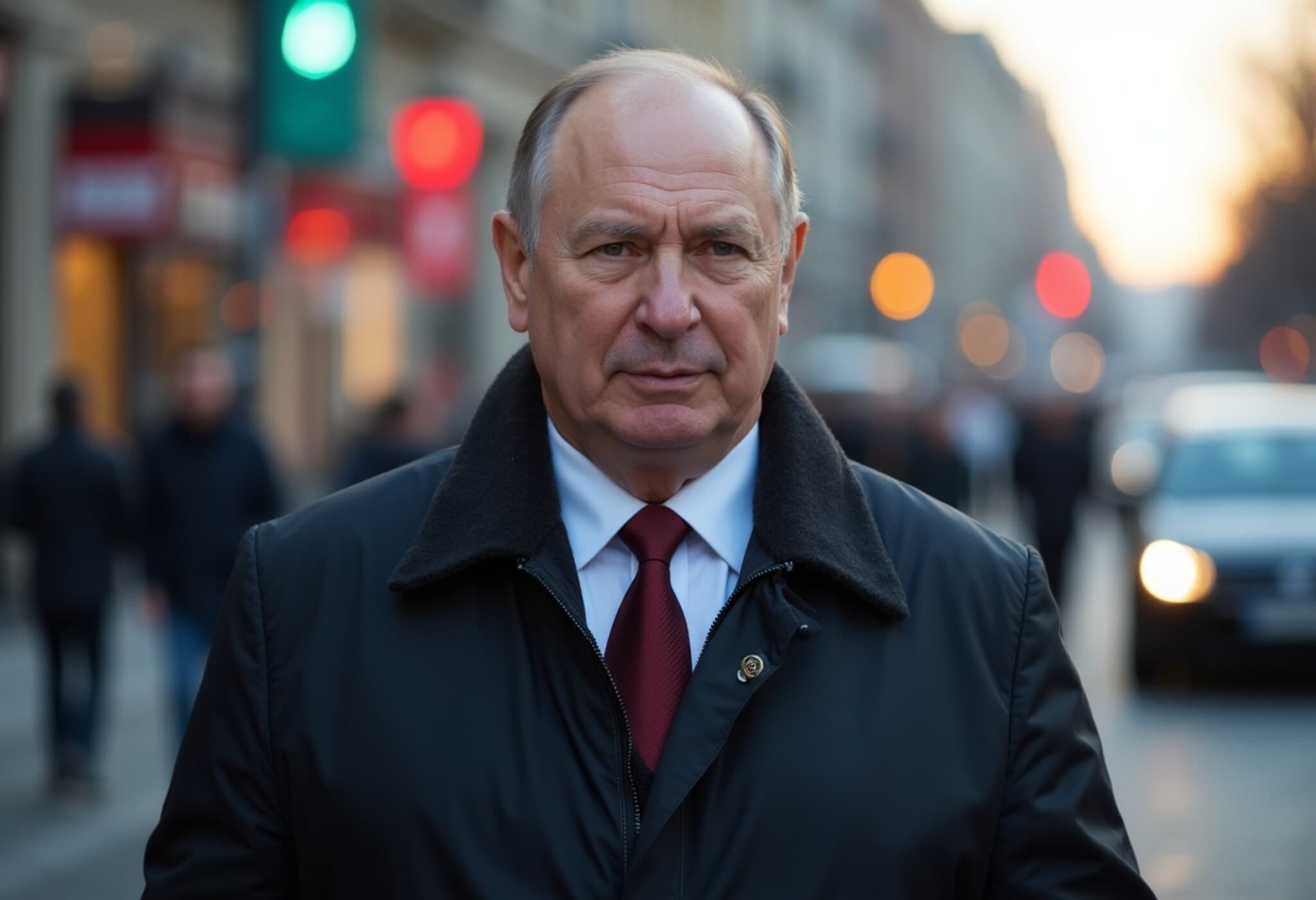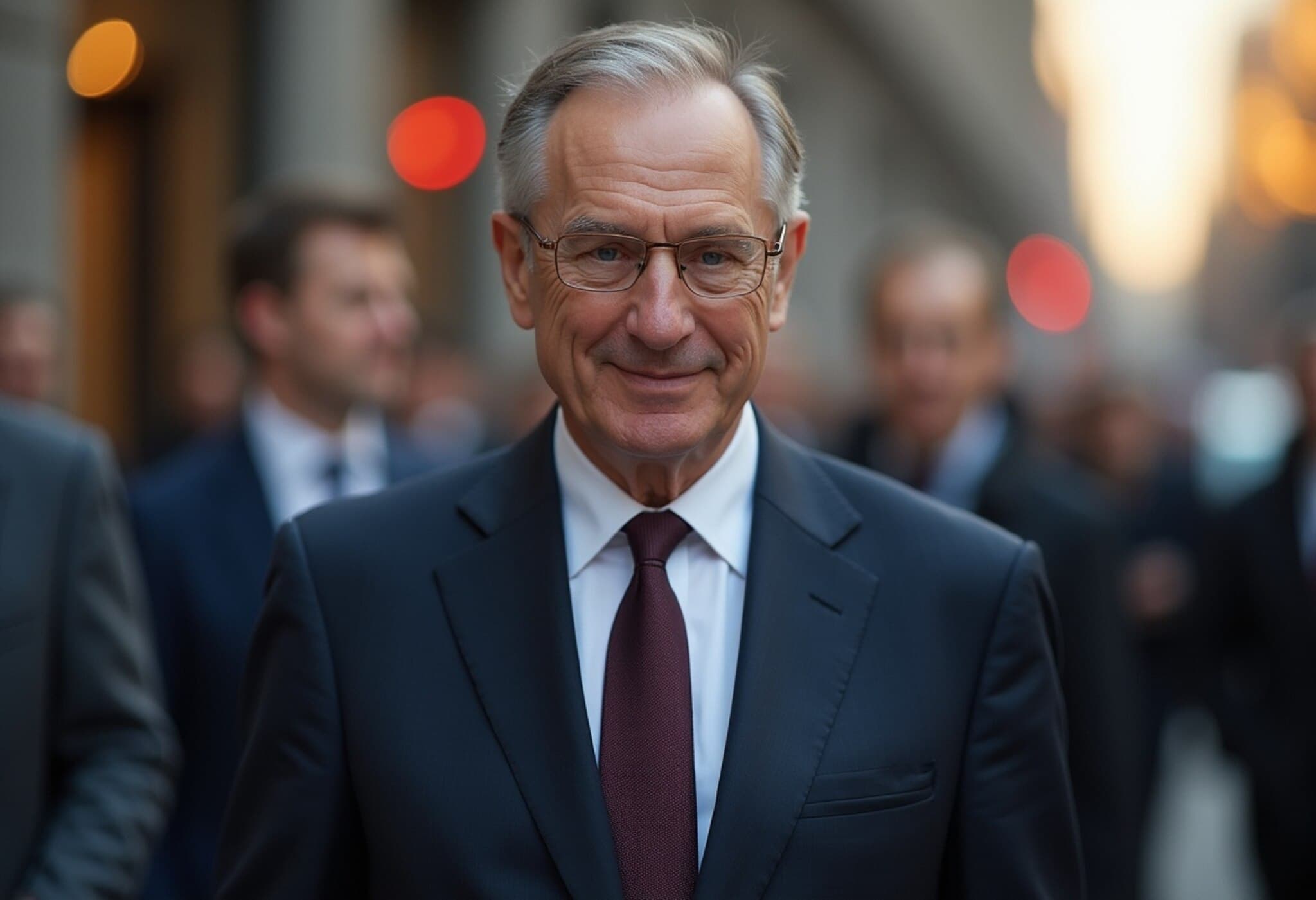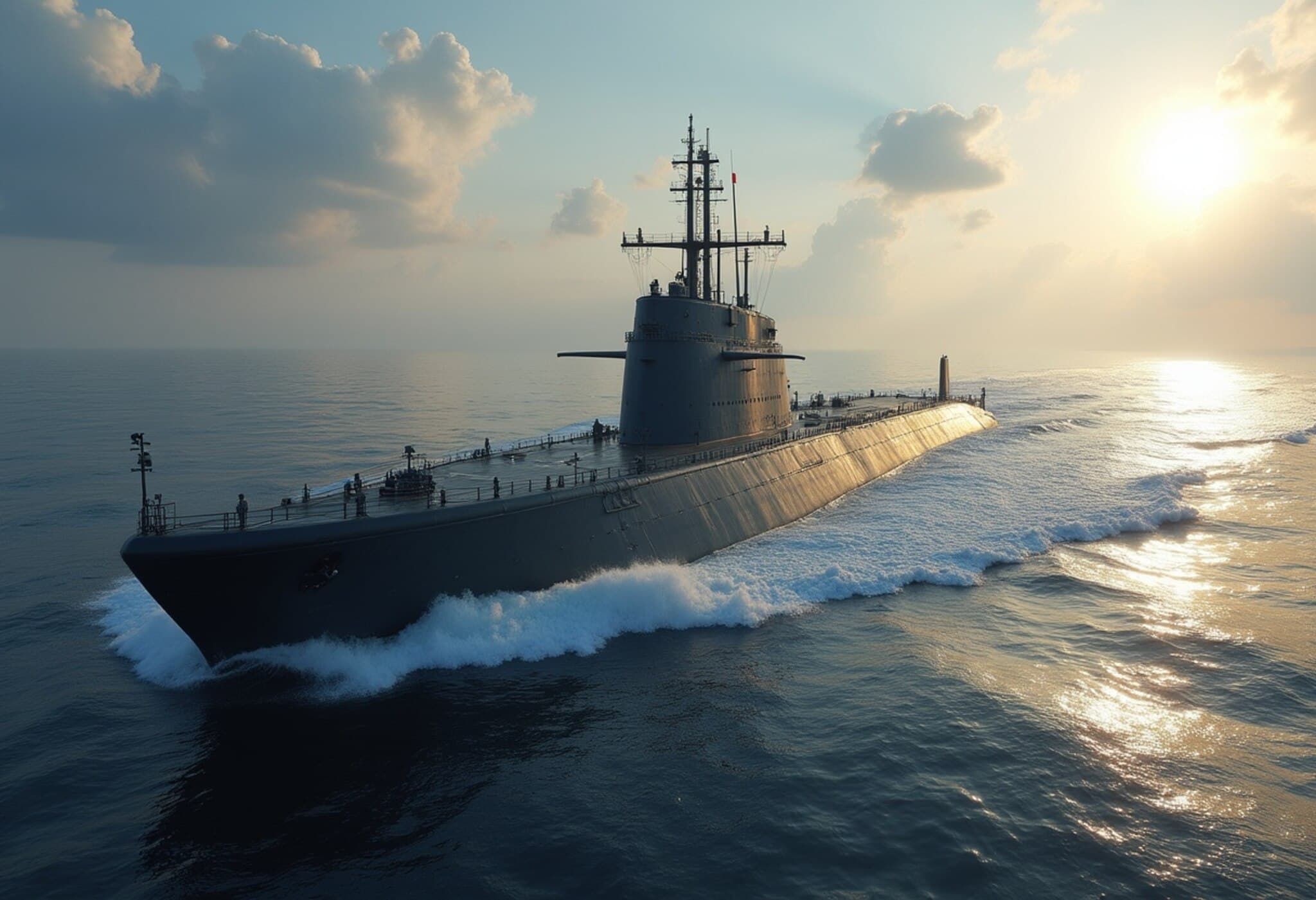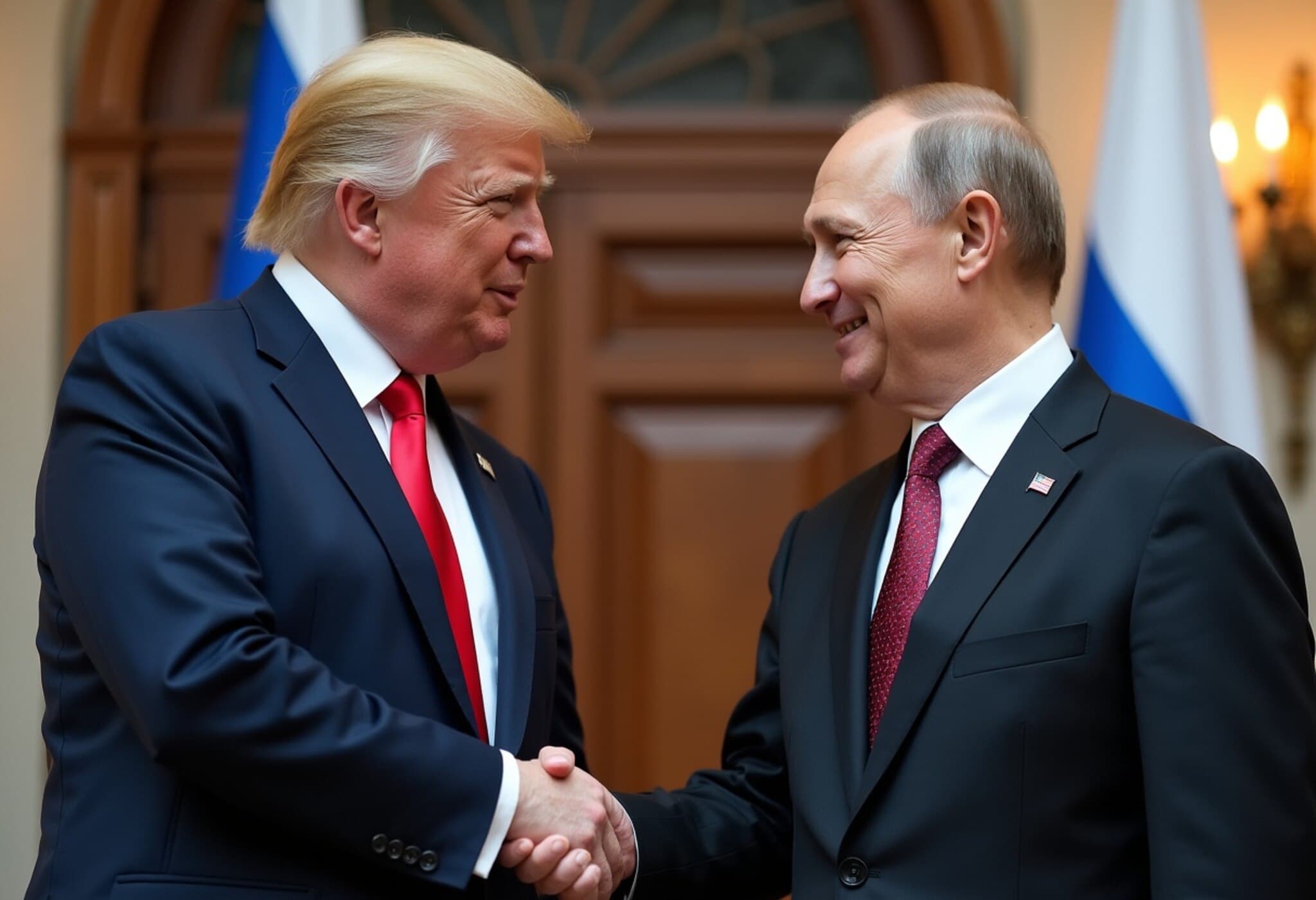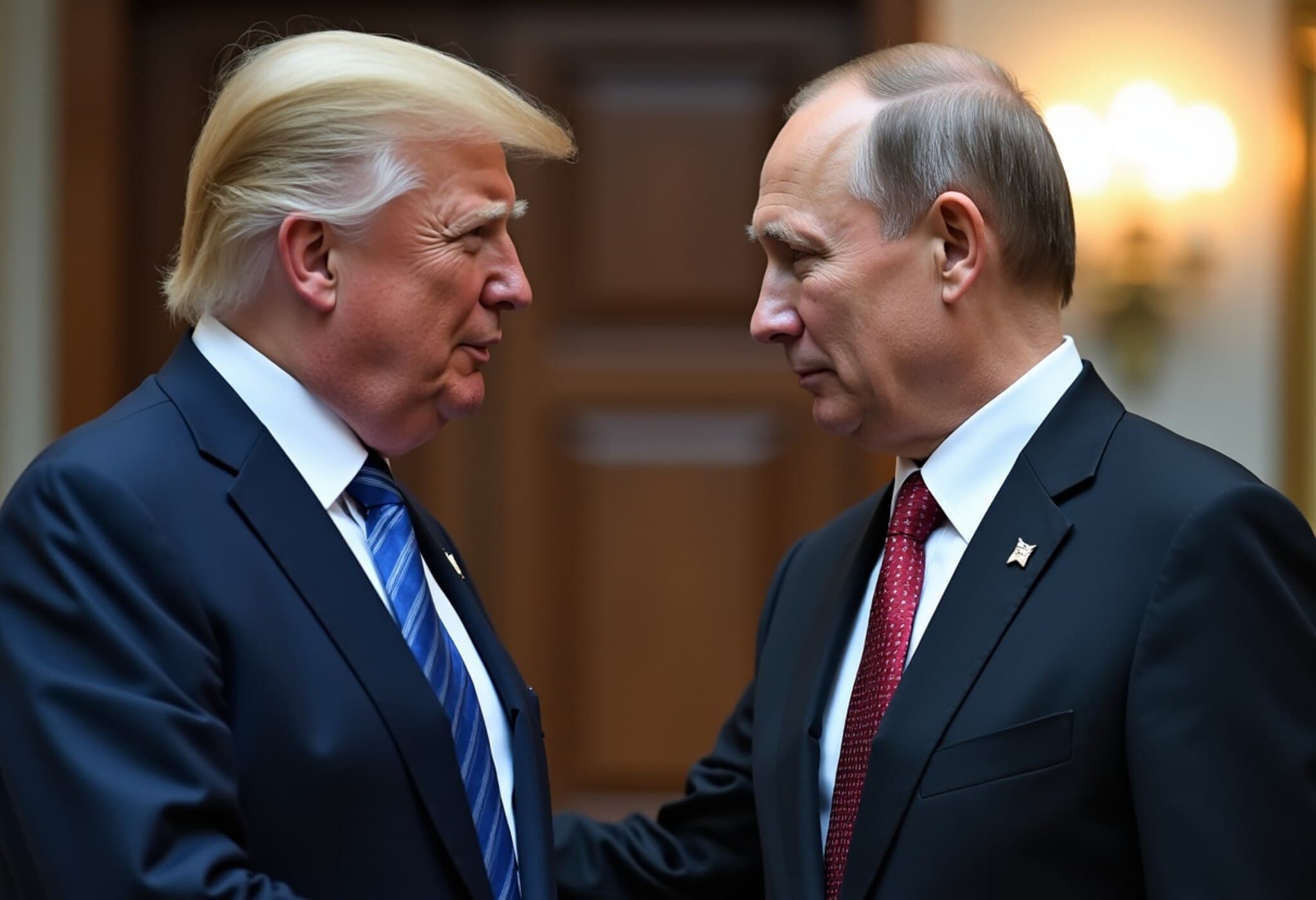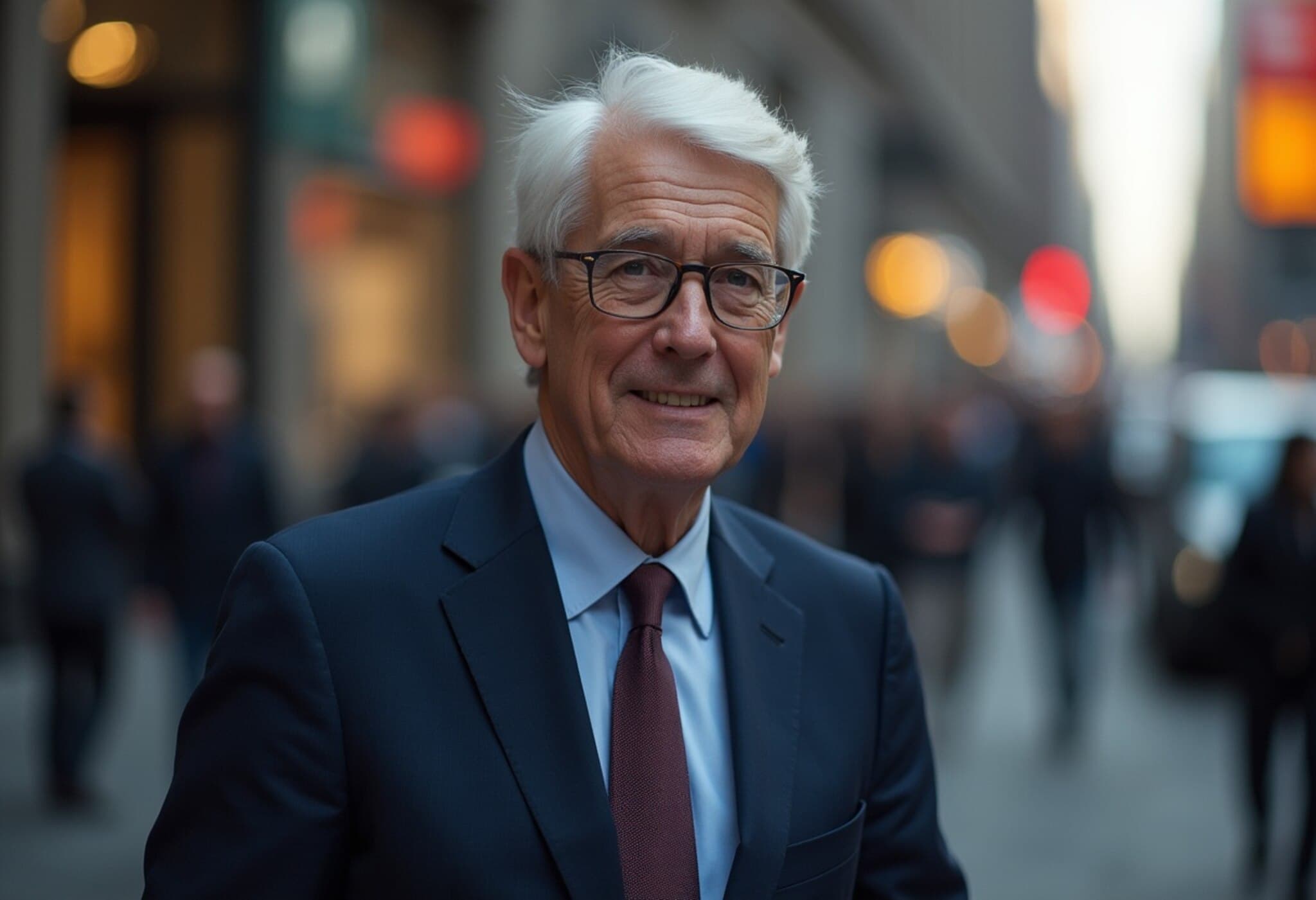Former Russian Transport Minister Roman Starovoit Dies by Suicide After Sudden Dismissal
In a tragic and unsettling development, Roman Starovoit, the former Russian Minister of Transport, reportedly took his own life with a firearm that had been officially awarded to him. The incident occurred shortly after President Vladimir Putin dismissed him from his ministerial post amid severe disruptions at major Russian airports.
The Circumstances Behind the Dismissal
Starovoit’s dismissal came on the heels of significant operational chaos at Moscow’s Sheremetyevo and St Petersburg’s Pulkovo airports. Over a weekend, travelers experienced drastic cancellations and delays—approximately 485 flights canceled and 1,900 delayed—largely attributed to Ukrainian drone attacks targeting airport infrastructure. These attacks also impacted various airports across western and central Russia, highlighting the escalating tensions in the region and their wider disruption far beyond the battlefield.
Details of the Incident
The former minister was found deceased inside his private car in Myakinino village, located in the Odintsovo district near Moscow. The investigation authorities stated that a firearm was recovered at the scene—a gun Starovoit had been awarded in 2023 by Russia’s Ministry of Internal Affairs, which adds a poignant, almost symbolic weight to the tragedy.
According to the Russian Investigative Committee, suicide is regarded as the most plausible explanation for his death. Yet, official explanations for his dismissal remain vague. The Kremlin’s spokesman Dmitry Peskov emphasized that the firing was not due to a loss of trust, a statement that some analysts view as ambiguous given the turbulent context.
Political and Operational Fallout
Andrey Nikitin, Starovoit’s deputy, has been swiftly appointed as acting minister of transport, signaling an urgent effort by Russian authorities to restore order and confidence in the logistics and transportation sector. The sudden shake-up and tragic aftermath cast a shadow over Russia’s ongoing attempts to maintain civil infrastructure amidst continuing geopolitical instability.
Expert Insight: The Human Cost of Political Turmoil
Roman Starovoit’s death underscores the often unseen psychological and political pressures faced by public officials in high-stakes roles, especially within authoritarian regimes where accountability can be opaque. Experts suggest that his suicide may reflect a convergence of personal despair and political blame amid public operational failures. Moreover, the targeting of critical transport infrastructure through drone warfare signals a new dimension of hybrid conflict affecting civilian life and governance.
What This Means for Russia's Transport Sector
- Operational Vulnerability: The attacks reveal vulnerabilities in Russia’s civil aviation security protocols.
- Political Instability: Quick ministerial changes may signal internal turmoil or attempts to divert blame.
- Public Confidence: Prolonged flight disruptions can erode trust in government competence as Russia faces external pressures.
Looking Ahead
With the appointment of Andrey Nikitin as acting transport minister, all eyes will be on Russia’s next steps to stabilize its aviation sector and address security concerns exacerbated by military conflicts. Beyond logistical fixes, this episode invites reflection on the intersecting human tolls of political authority, crisis management, and national security challenges.
Editor’s Note
The suicide of Roman Starovoit is a stark reminder that the human dimension of political upheavals often remains hidden beneath headlines of official resignations and operational breakdowns. While the immediate cause appears linked to professional pressures, it also raises pressing questions about mental health, accountability, and governance in high-pressure governmental roles, especially amid ongoing conflicts that strain national resilience. As this story develops, observers should consider how such events shape not only political narratives but also the lived experience of those at the helm.

